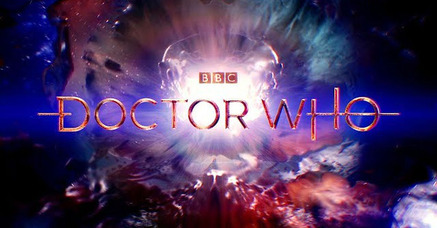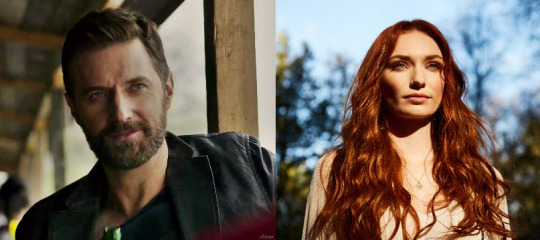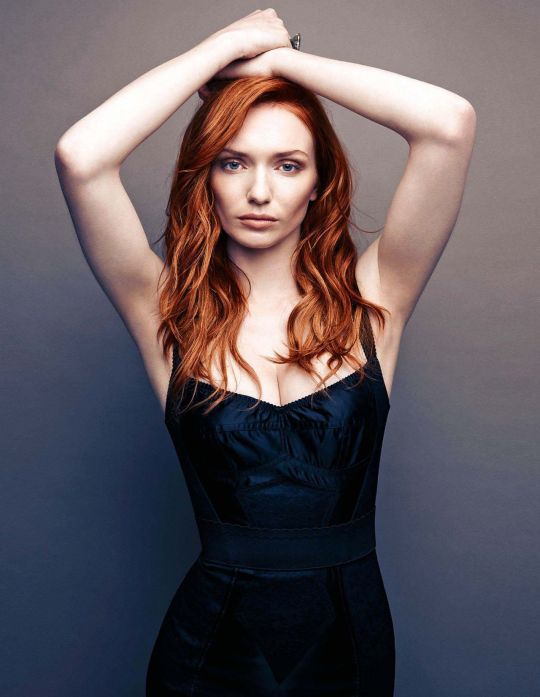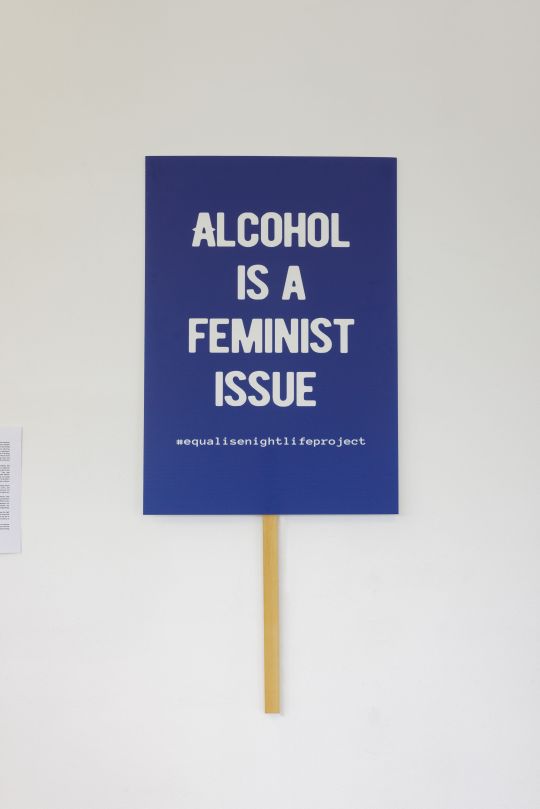#it's become normalised to alienize male and female friendships
Explore tagged Tumblr posts
Text
okay this is just me yapping but. guys. boys and girls can be friends without being anything else. like that's a thing. i have a mixed friend group and i love all my guy friends so much and the moment i'm even around one of them by myself everyone gives looks and it's honestly unhealthy. my little sister, who's 9 years old, didn't invite her friend who's a guy to her birthday party because she said people would be weird about it. 9. when you're that age you shouldn't be worried about people 'shipping' you with your friends. it's just become this strange stereotype and i lowkey absolutely hate it. boys and girls can be completely platonic friends.
#nins yapping ☀#without one or both being gay as well#like obviously that's completely fine#but#it's become normalised to alienize male and female friendships#and i know this makes me sound hella pick me but like#thank queue for the music 𝄞⨾𓍢ִ໋
52 notes
·
View notes
Text
Why I, as a Female, was anti-Female Doctor.

Disclaimer!!!! I have only viewed the modern Doctor Who and not the classic.
Okay.... What do I mean?
When Peter Capaldi was to leave DW, the internet exploded with people saying how the next doctor can’t be a white man. It has to be a female... or a poc. I, personally, didn’t want a female doctor and that feeling was cemented when an ex-campion actress stated that if they did not have a Female Doctor - it would officially be a snub. And that the reason I didn’t want a Female Doctor.
In my personal opinion, it is irrelevant whether the Doctor themselves is POC, white man or female - if the showrunner is still a ‘white’ (not racial but the systematic connotation of the word) man.
The insert of the Female Doctor wasn’t an artist or a writer’s desire to explore the intricacies of a Female Doctor - but publicity stunt to seem more.... ‘woke’. However, in my opinion, it means nothing to proclaim ‘wokeness’ when you do nothing else. When non-diverse writers write diversity it can go to two extremes. One, the character is a stereotype or caricature of the diverse identity, i.e sassy gay guy, emotional woman, or black person that says ‘damn’ or ‘helll no, gurlfriend’. Or two, which I believe is occurring with Doctor Who now, is that the character has no connection to their sexuality, gender or race, i.e they could have been played by a white straight man and it would have made no difference to the character.
This is not an attack on the actress who is currently playing The Doctor, as I believe others have wrongfully done so, I blame the writer. It seems that good episodes of the 13th Doctor era are those written by either women or POC. NOT SAYING WHITE MAN CAN’T WRITE. Dear God no - other writers (that are white male and not the showrunner) have written good episodes. What I am saying that there is more passion in the diverse stories then anything that showrunner has written - he has a majority of writing credits for episodes.
So, should there be a Female Doctor (or even a POC Doctor)? Yes! Should it be a publicity stunt to show that the corporation is ‘woke’ and not racist or sexist? No. Should the showrunner and writer’s room be more diverse. HELL YES!
I want a Female Doctor who... when the writer has a female story to tell and is not pressured into it. Saying that... Here’s my Fanfic!

The 12th Doctor says his speech and begins to regenerate. CUT. Audience doesn’t see the 13th Doctor.
BBC releases to the public that the new doctor is White man (Richard Armitage - because he is pretty and I could google image him all day) and a companion (let’s say Eleanor Tomlinson). The first episode will air as a Christmas special.
Christmas Special: Wake Up.
The episode begins with the companion (Eve/Evie) being woken up by the Doctor in the Tardis with the words: “Wake up... It’s Christmas, Eve.” It seems the Doctor and Evie have been on plenty of adventures and have great rapport. Evie is very much the wide-eye bubbly companion. The plot begins when the duo discover that the time lord wish to destroy (I’m making stuff up now) this timeline (modern Doctor Who)/universe and instead have only the parallel universe. The Doctor tells Evie it is because the Time Lord believe The Doctor is an abomination (continuing to regenerate and mess with history and future events). In order to save the Doctor, Evie is about to press a button - the Doc said not to press because it would blow up Gallifrey - but can’t kill the innocents. Evie cries, thinking the Doctor is dead. The Doctor, however, gets up and lifts Evie up. “Do you care for me so little?” She is shocked, tears still running down her cheeks. He goes over and presses the button. Evie screams as she sees the planet blow up. The Doctors towards her and places his fingers on her temples. She closes her eyes and faints. Cut black. The episode ends with Evie being woken up by the Doctor in the Tardis with the words: “Wake up... It’s Christmas, Eve.” End.

Dah dah daaaaa.
Okay, so here is my vision (hehe). The Master (omg Richard Armitage playing a tortured bad guy... yum) has brainwashed the Doctor to believe she is human and a companion to him as the Doctor. All the Christmas specials (3-4) will focus the Master trying to recreate the Doctor/Companion role which would provide as a great deconstruction as a writer/audience. The Doctor will slowly begin to realises that she is being manipulated and ‘gaslighted’ by the Master and that she is the one that controls the TARDIS and not him. Truman Show meets Groundhog Day.
The series would be a flash forward with the Doctor (after she has escaped from the Master) becoming jaded after her experience and not trusting easily - but hiding that underneath a happy and carefree demeanour - like their previous incarnations with the Time War etc. So the audience is wondering what happened in her past and are therefore excited for the holiday specials. The actress playing the Doctor should have red hair. Why? Because, so when old friends and people who know the Doctor as male see the new Doctor as a women - they would be shock and a cute moment can happen when the Doctor believes it because they finally have red hair (reoccurring joke). This kind of normalises the gender of the Doctor. And then when she is regenerated into a women again - the doctor can be the one making a huge deal she’s a woman, while it is normal for everyone else.
Episode One: Along with the monster of the week, the first episode would focus on the Doctor in 1591 and her having a connection with a woman who is being abused by her husband (Maria Nagaya) creating a paralell between her and the Master. The Doctor, on request of Maria gives Maria’s eight year old son, who happened to be stabbed, her regeneration energy. The Doctor realises she saved Dmitrii Ivanovich. After being rescued by the Doctor, Dmitrii wants to travel with her. Maria forbids it as Dmitrii will become Tsar. The Doctor tells him to go get something and they would head off together. But when he leaves, the Doctor goes into her Tardis and leaves.
Episode Two: Present day - A young high school girl (Asian) begins writing a letter. The school gets a new teacher who only goes by the Doctor. Teachers are being possessed by aliens and the Doctor and Yuri. The Doctor makes it clear to Yuri that she works alone and Yuri says she has no interest in spending with the Doctor, but wants to help. Doctor finds Yuri’s goodbye note, but puts it back. They save the day and the Doctor is about to leave. They are on the roof of the school and the Tardis disappears. Yuri goes closer to the edge, but the Tardis reappears. The Doctor offers a one time deal. Come with her and spend a lifetime in a moment. Yuri agrees.

The rest of the series deals with
Yuri’s depression and awareness of mental health.
Yuri and Doctor having an awesome female friendship.
Doctor’s PTSD from her experience with the Master and opening up about it - this would be a metaphor about women in toxic relationships or abused victims.
The Doctor meeting Dmitrii over and over - explaining the four deaths of Dmitrii with timelord regenerating ‘magic’ - a little romance with him and the Doc. And Dmitrii becoming a companion.
A nice juxtaposition between Yuri who wants to die and Dmitrii who wants to live (but keeps dying), and the Doctor who can never die but has to watch others die around her.
The Master showing up (in future seasons).
Visiting more historical places that is not sooo Anglophone.

But yeah...
So my issue wasn’t with a female doctor. It was with a female doctor being written it my a male writer. I’m not saying that male writers can’t write female characters OR that my fanfic was good (cause it isn’t) - it’s just.. why not have women tell women stories?
2 notes
·
View notes
Photo

‘Alcohol is a feminist issue’ Alcohol, drinking culture and nightlife spaces, and the gender inequalities that they comprise, have long raised questions that can be understood through a feminist lens. In recent decades a narrowing of the gender gap in alcohol use has been observed. This is a result of the shifting social positions of women through increased participation in education and work, which has led to increased economic independence and access to public space, and the targeting of women by commercial messaging. As a result, they are now active participants in drinking and night time spaces for group bonding, friendship, fun, and empowerment. Women have won the ‘right to drink’ on equal grounds to men, making alcohol use, drinking culture and nightlife participation a sign of gender equality. However, the research found that alcohol and related culture remain feminist issues for a number of reasons: 1) Women are targeted by alcohol brands through the use of gender stereotypes, and historically, brands have sexualised, objectified and demeaned women to target the male market. The research found that brands have moved away from this due to fear of alienating an increasingly feminist-aware female customer. They now (inauthentically) use messages of female empowerment and endorse gender equality messages and campaigns to encourage the sale of products and alcohol use among women. Many women felt this was hypocritical given the gendered harms alcohol is associated with (e.g. unwanted sexual attention, sexual and interpersonal violence, breast cancer). 2) Despite encouraging women to drink, gender double standards in drinking culture continue to exist. Women’s drinking is still more stigmatised than men’s, and intoxicated women are viewed as lacking femininity, being sexually promiscuous, ‘out of control’ and neglectful of traditional roles and virtues (e.g. nurturing/carers, domestic, passive, submissive, self-disciplined). 3) Whilst drinking and nightlife are pleasurable experiences for many women, they experience a number of gender inequalities. This includes unwanted sexual attention from men when drinking in nightlife, and the risk of sexual violence. Whilst men’s alcohol use can at times be presented as an excuse for violence perpetration, for women, victim blaming narratives are common, with women’s alcohol use, intoxication and sexualised dress, often being commented on to place responsibility for harassment and violence onto women themselves. 4) Nightlife venues have become increasingly sexualised. Whilst women have the right to sexually express themselves as a sign of empowerment, the research found that sexualised venue marketing impacted on women’s sense of safety, and was felt to reinforce the normalisation of unwanted sexual attention, harassment and violence in nightlife spaces. It is important that these alcohol-related inequalities are not forgotten, and that we continue to study and interpret women’s drinking experiences from an intersectional feminist perspective, in ways that can help mitigate the inequalities that continue to pervade drinking culture and spaces.
© 2023 Dr Amanda Marie Atkinson
0 notes